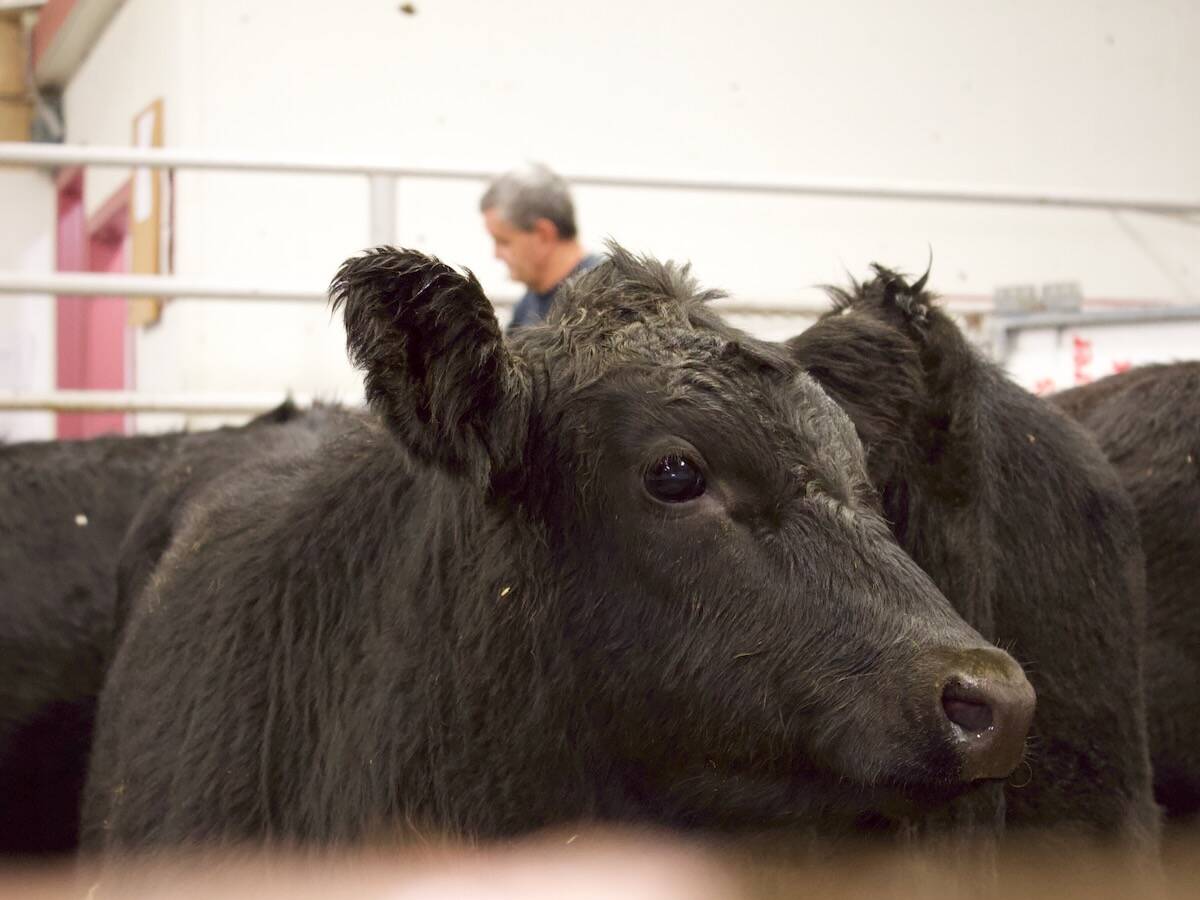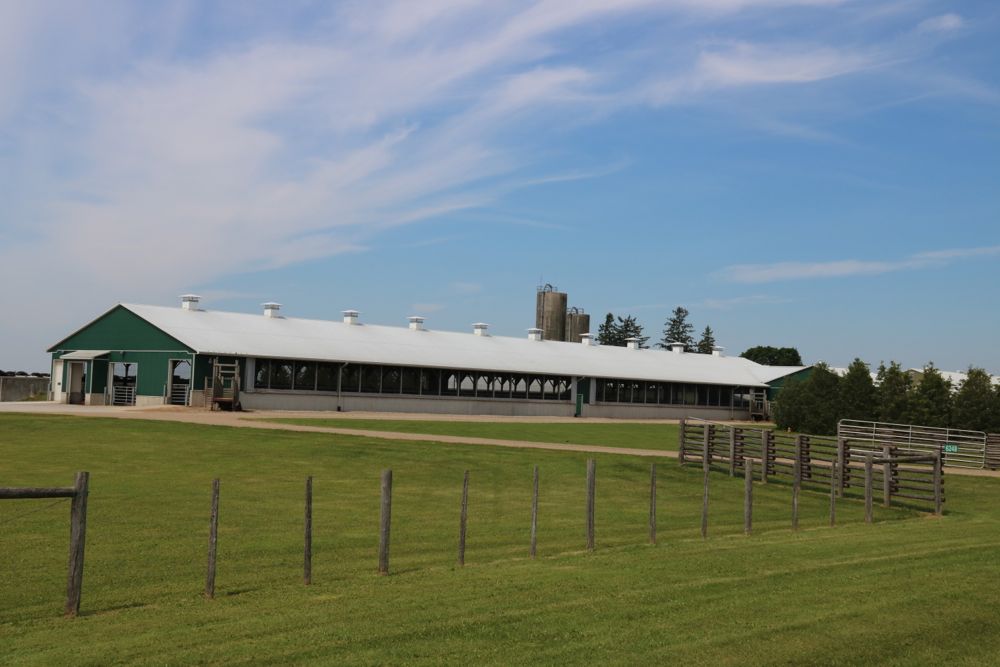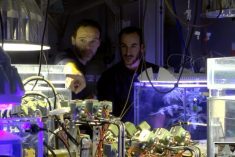With recommendations in hand, the Ontario government plans to clear a path for the use of two soon-to-be-former University of Guelph ag campuses as new community-backed ag schools.
The province on Friday laid out its response to last month’s recommendations from its appointed facilitators, Lyle Vanclief and Marc Godbout, on the future of Guelph’s Kemptville and Alfred campuses.
The government plans to ensure students at each campus can complete their programs, Reza Moridi, minister of training, colleges and universities, said Friday in a release.
“Moving forward, we will continue to assist the respective municipalities as they evaluate strategic and sustainable long-term options that encourage agricultural and French-language postsecondary education.”
Read Also

Cash incentive for CRSB Certified beef producers launched
The Canadian Roundtable for Sustainable Beef (CRSB) has launched an incentive payment for CRSB Certified producers.
The University of Guelph, which operates Ontario Agricultural College and Ontario Veterinary College, announced last March it will wind down operations at the Kemptville and Alfred satellite campuses; lay off over 110 full-time staff; and consolidate its ag education and research operations at its Guelph and Ridgetown campuses by the end of this year.
The province said Friday it will work with local municipalities to “determine options for a sustainable path forward” for ag education in the region involving the Kemptville and Alfred campuses.
Specifically, the province said it will work with the municipality of North Grenville to provide “resources and support” and set up a “working group to explore new models for delivering agricultural learning, training and instruction” at Kemptville.
The province also pledged to maintain the Kemptville campus facility for public use as the government enters into talks with North Grenville to transfer the property to the municipality.
The Kemptville campus land and facilities today are owned by the Agricultural Research Institute of Ontario (ARIO); the University of Guelph operates and maintains them on a cost-recovery basis under a management agreement set to end in 2018.
The province also pledged to assist “local communities” on a strategy to assure long-term ownership of the Alfred campus, so as to “maximize the economic potential of the facility.” The Alfred campus is in a primarily bilingual area, the United Prescott-Russell counties.
The province said it would ensure the “current cohort” of students at the Alfred campus finish their studies. The campus will also accept a new intake of students for the 2015-16 school year, the province said.
Following Guelph’s announcement last spring, Sudbury-based Le Collège Boréal and Ottawa-based La Cité said they will step in to partner with the university, the provincial training, colleges and universities ministry, and the region’s ag industry to continue classes at Alfred.
More generally, the province said, it will work to ensure both the Kemptville and Alfred campuses “remain positive economic assets for the communities they serve.”
“Redevelop and renew”
Godbout, in his report on the Alfred campus, proposed setting it up as a training and innovation centre for the agrifood sector, to be called the Centre de formation, d’innovation et de transformation agroalimentaire d’Alfred (FITA).
With Collège Boréal and La Cité involved, the transition from a Guelph campus to a stand-alone centre is ensured at Alfred “for the time being” until a “more permanent” solution is found, he wrote.
Vanclief, in his report on Kemptville, said “several” proposals have been received for use of parts of the campus, some of which are “mutually exclusive of others.” No “specific” proposals were received for use of the campus’ farmland, forested land or dairy, equine or maple syrup facilities, he added.
However, Vanclief urged the province to steer clear of “short-term” decisions to lease or turn over property or buildings to any one group permanently or long-term, which he said could “limit the potential for renewal of the campus for future education and community development purposes.”
That said, he wrote, ARIO “may wish to give serious consideration to divesting of the Kemptville campus unless it has the support to become a landlord of facilities outside of its mandate of encouraging research.”
If ARIO were to stay as owner, he said, it should consider reducing the number of buildings and sheds on the site to decrease overhead and maintenance costs.
Kemptville, he wrote, has the potential, “given a sufficient number of years” with a non-profit organization acting as a landlord, manager and potential owner, to “redevelop and renew the campus as a diverse community and educational centre for eastern Ontario.” — AGCanada.com Network

















